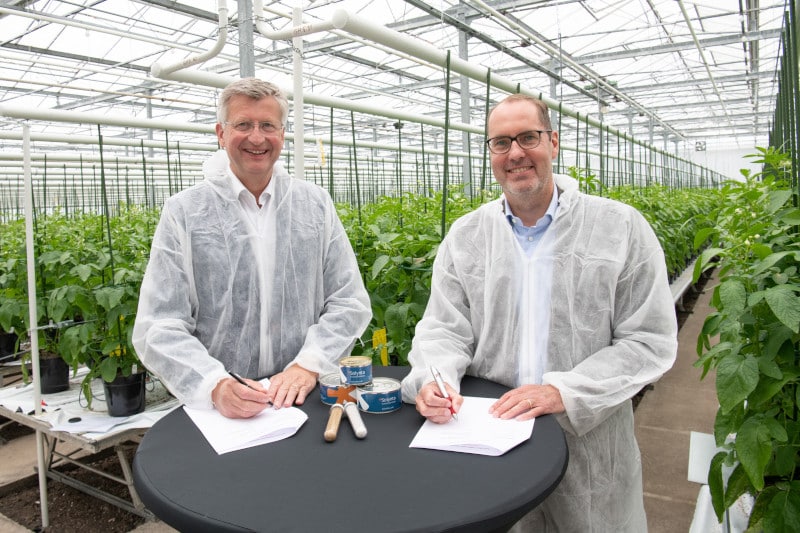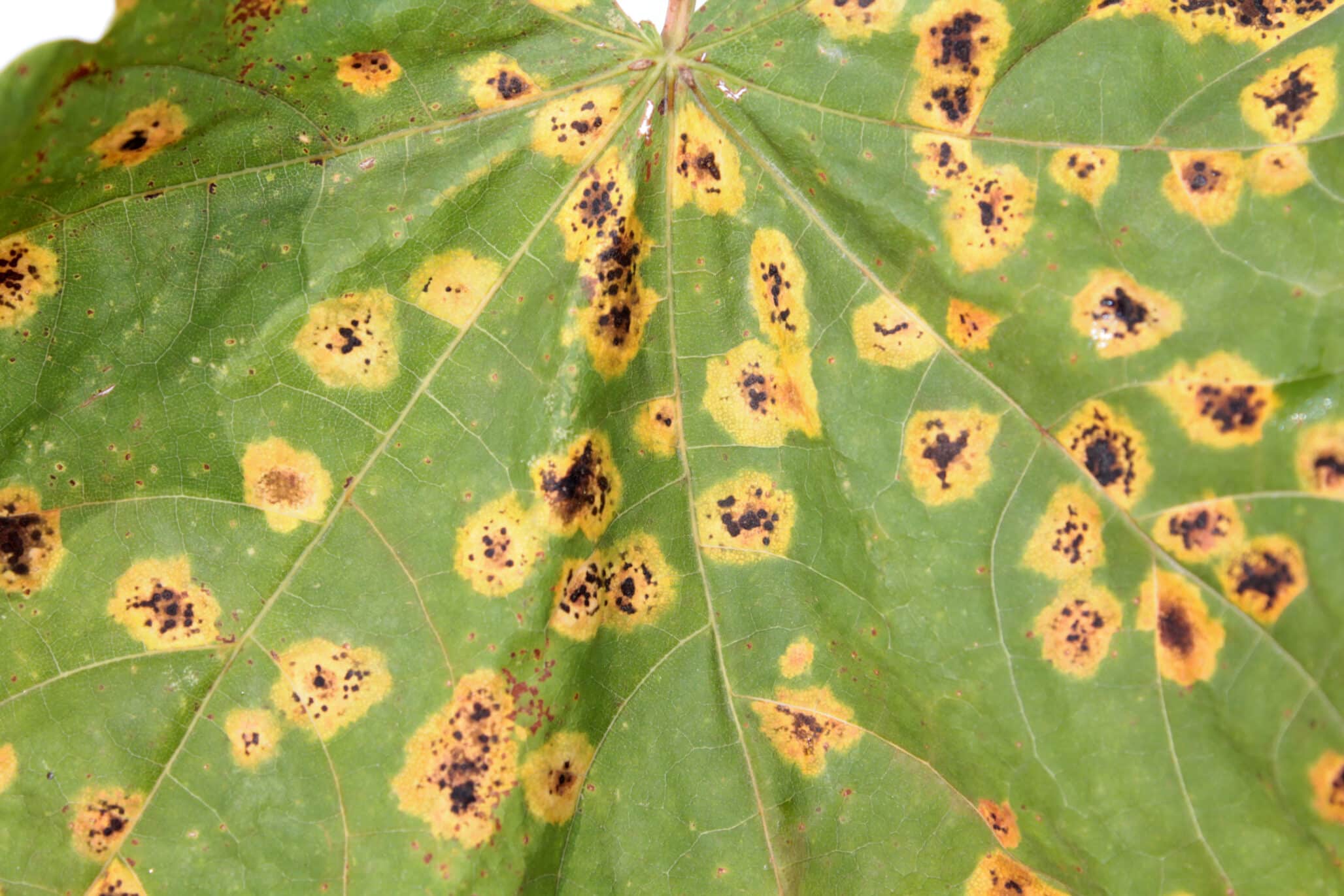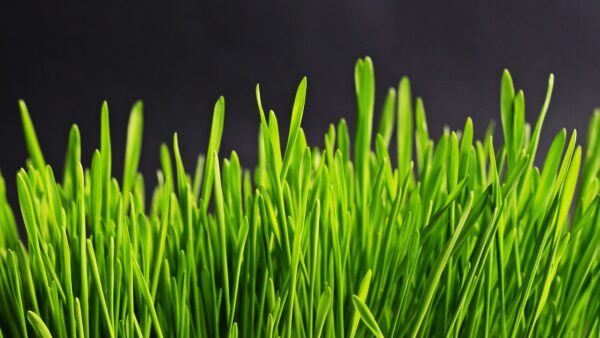Researchers at the Swedish University of Agricultural Sciences (SLU) have identified a new gene that regulates plants’ sensitivity to threats such as fungi and drought. By eliminating this gene, known as Parakletos (meaning “helper”), plants exhibit increased resilience, potentially reducing the need for chemical treatments and enhancing food security in drier, more variable climates. Parakletos is associated with the plant’s immune and stress response systems and interacts with other proteins without performing additional functions. This significant discovery was recently published in the esteemed journal Nature Communications, according to a press release.
For several years, researchers at SLU have been investigating ways to enhance potato plants’ resistance to diseases like late blight. Their approach utilizes gene-editing tools, such as CRISPR, to eliminate susceptibility genes (s-genes) that make plants vulnerable to attacks. The team has recently identified a new s-gene that regulates the plant’s sensitivity to threats from fungi, bacteria, salt, and drought. By removing this gene, they strengthen the plant’s defenses and reduce the need for chemical treatments, potentially preparing crops for more challenging climate conditions in the future.
“We know this works in potatoes and tobacco, but we’re hopeful it could be applied to other crops as well,” says Erik Andreasson, professor and head of SLU’s resistance biology unit. He is also the lead author of the recent paper in Nature Communications. Compared to the rest of European union, Sweden is ahead in doing research new genomic techniques, like gene editing, for plant protection.
Field trials have indicated no negative consequences from gene removal, according to Andreasson, and long-term issues are considered unlikely. However, since trials have only been conducted in one location and with a single potato variety, further research is needed to confirm its broader effectiveness. The next step is to expand the “Resilient Potato” project, which involves several agricultural organizations.
“It’s exciting to be part of this research with great potential to improve crops,” says Desirée Börjesdotter, head of plant breeding at Lantmännen, a partner in the project.













